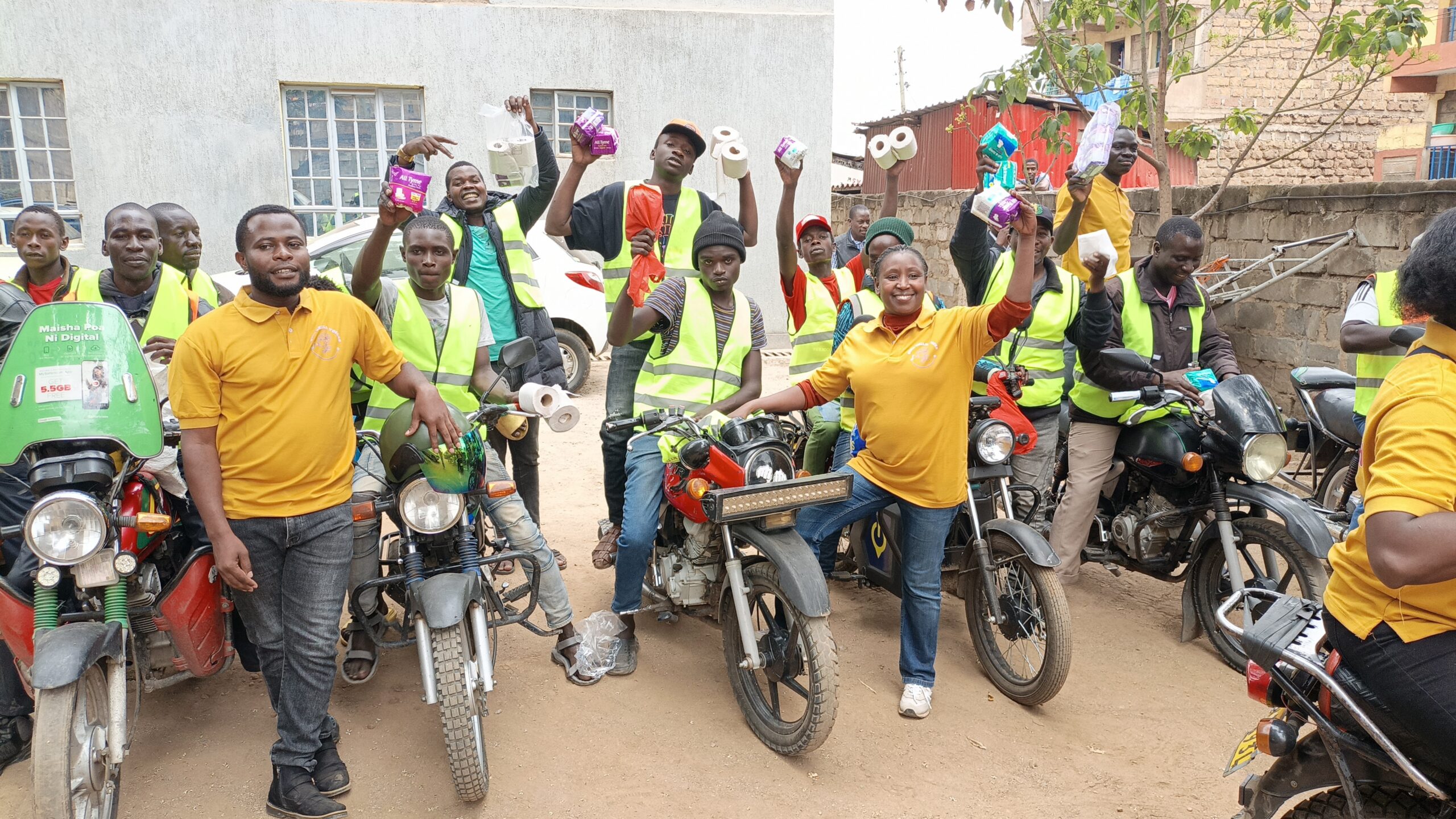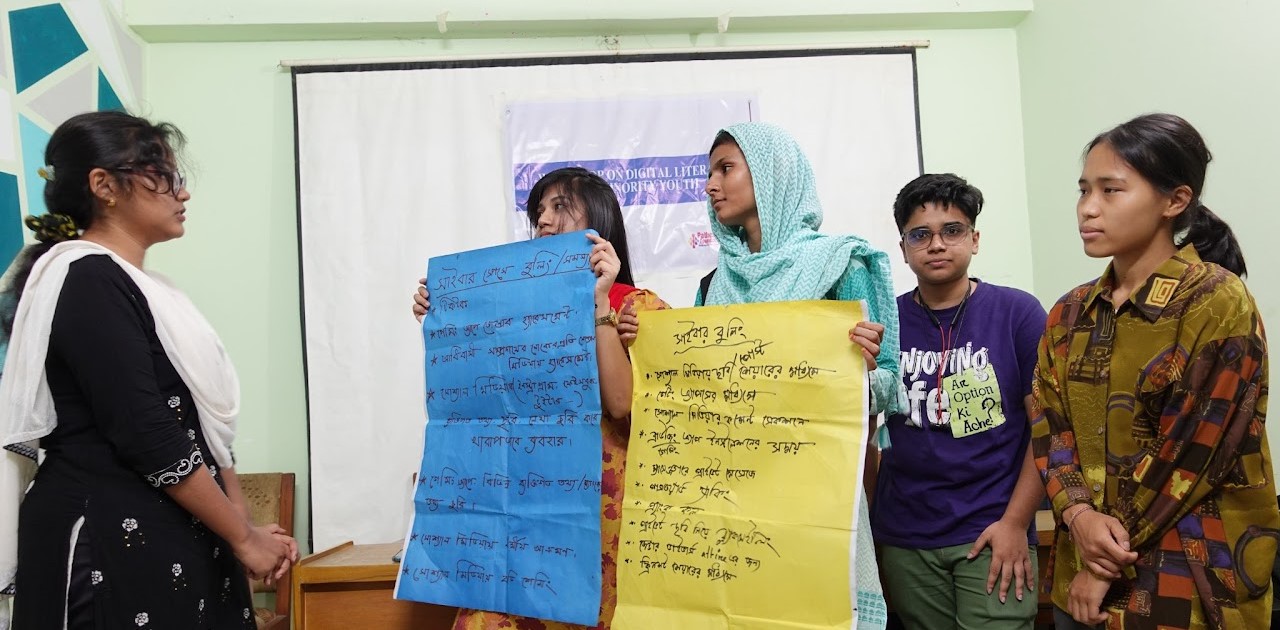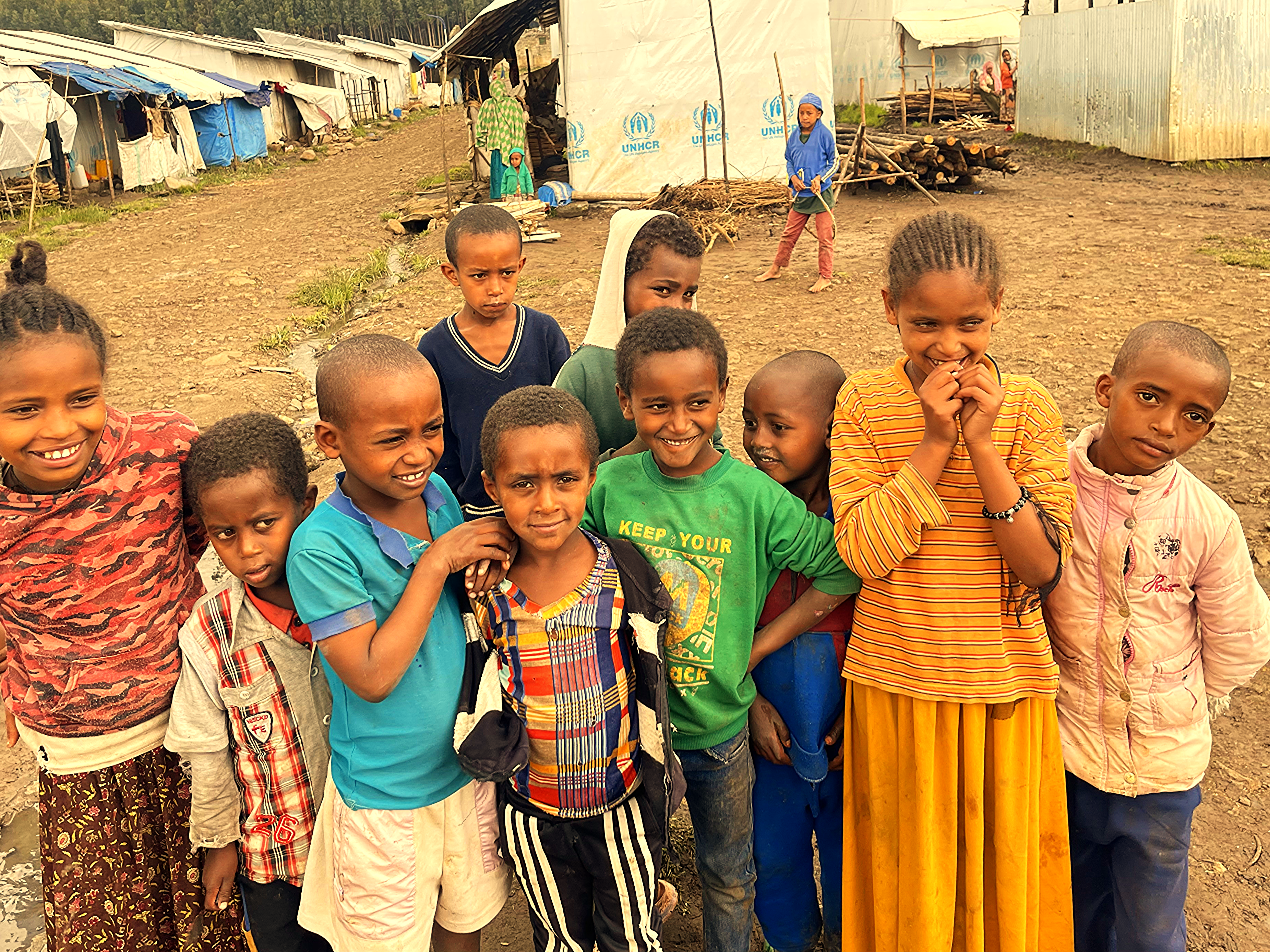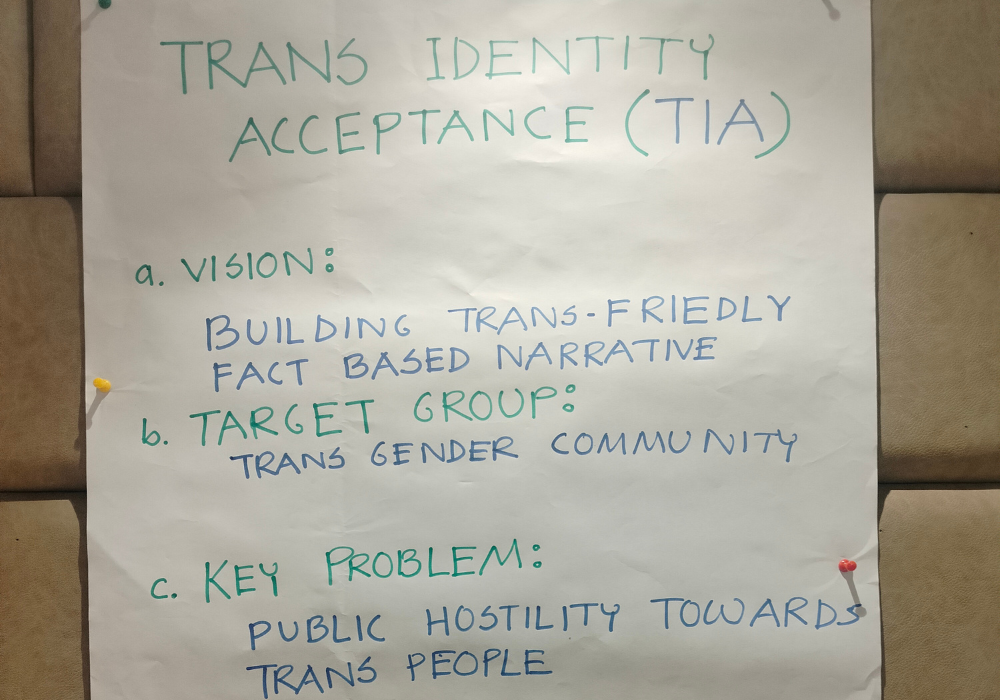Stories
Ethiopia: When the Dust Settles, Who Will Pick Up the Pieces?
By: Mihireteab Hadera
The security situation in Ethiopia's Amhara Region remains dire as the Ethiopian National Defense Forces (ENDF) and local militias, known as FANO, engage in ongoing violent confrontations. This persistent conflict has caused extensive displacement of civilians and widespread destruction of critical infrastructure, significantly intensifying the humanitarian crisis in the area. Continuous instability poses severe risks to safety and deeply undermines the region’s social and economic stability.
Since the escalation of hostilities on September 17, violence has surged across the Amhara Region. The fighting has devastating effects on the health of the population, contributing to high rates of mortality and morbidity, with particularly severe impacts on vulnerable groups, including children, women, the elderly, and individuals with disabilities. The lack of access to medical care due to damaged health facilities and restricted movement exacerbates these health impacts, leaving many without critical treatment or preventive services.
One of the most distressing consequences of the conflict is the breakdown of social infrastructure, which has led to the disintegration of families and communities. This social fragmentation has left women and children especially exposed to heightened risks of exploitation and abuse. Numerous reports have highlighted an alarming rise in sexual and gender-based violence against women, girls, and even young children falling victim to these atrocities. Displaced individuals often forced to seek shelter in overcrowded camps with limited security are particularly vulnerable to these forms of violence. The psychological toll on survivors is compounded by the lack of access to support services, such as counseling and legal aid, which are now severely constrained by the conflict.
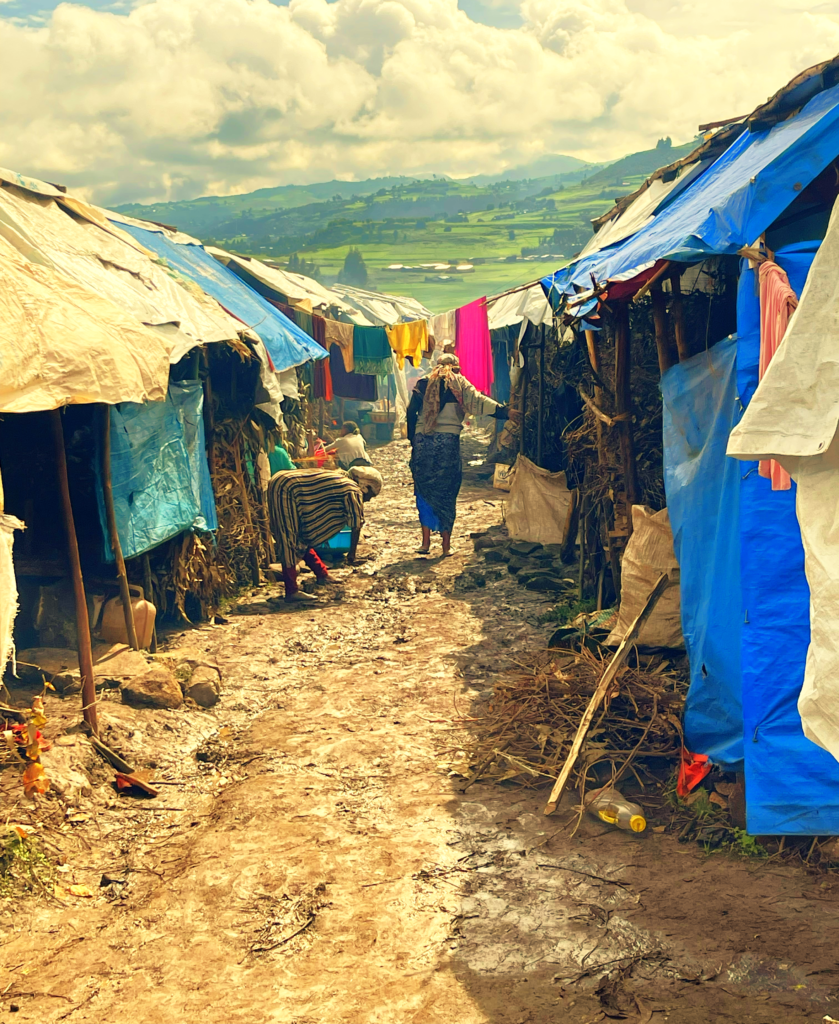
Furthermore, the destruction of critical infrastructure, such as roads, schools, and water systems, has long-term repercussions. The devastation of roads and transportation routes hampers the delivery of humanitarian aid, leaving affected populations without essential supplies. Damage to schools disrupts education for thousands of children, jeopardizing their future prospects and adding to the societal costs of the conflict. The destruction of water systems, meanwhile, poses a serious public health risk, increasing the likelihood of waterborne diseases and further threatening the health of vulnerable groups.
The enduring conflict has also led to a serious economic downturn in the Amhara Region. The closure of businesses, farms, and markets has reduced income sources for countless families, driving many into poverty. The collapse of agricultural activities, on which the region heavily relies, threatens food security and may lead to famine if the fighting persists. This economic strain is pushing many into a cycle of dependence on humanitarian aid, which is itself limited by access and resource constraints.
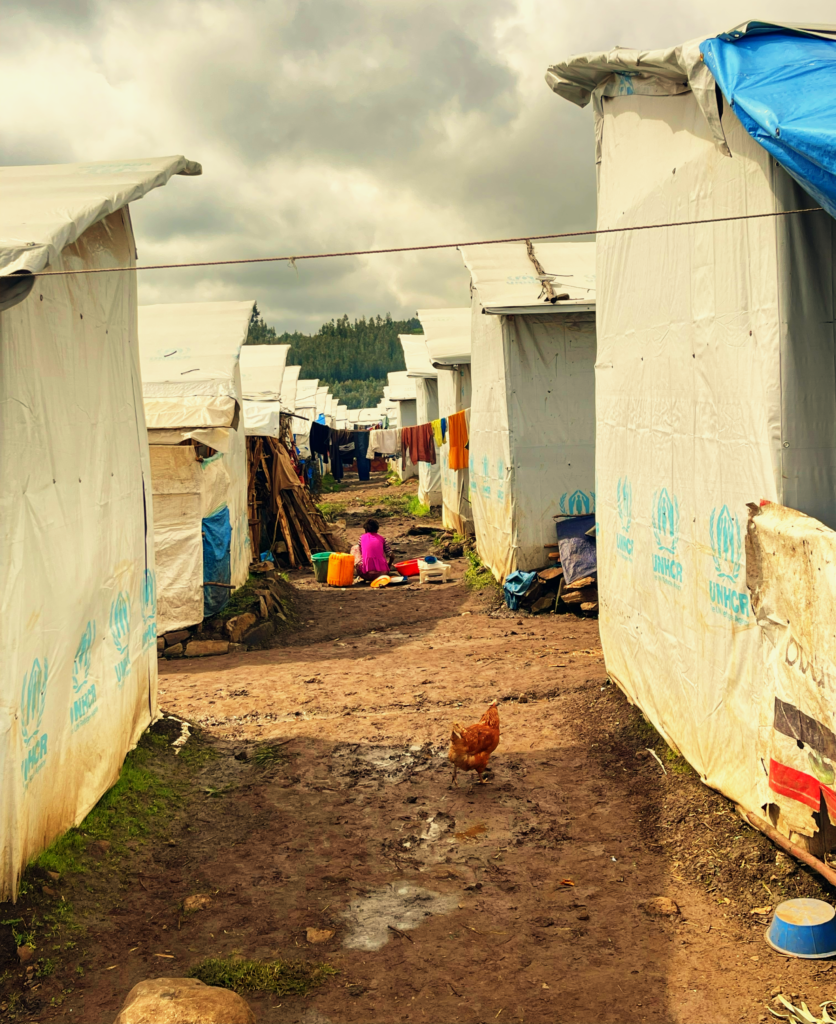
Succinctly, the ongoing conflict in Ethiopia’s Amhara Region is deepening the humanitarian crisis, with severe impacts on public health, social cohesion, infrastructure, and economic stability. Vulnerable populations, particularly women, children, and those with disabilities, face heightened risks of violence and exploitation. Without an immediate and sustained effort toward de-escalation and humanitarian support, the long-term consequences for the Amhara Region are likely to be devastating, not only for current generations but for future ones as well. The situation calls for urgent national and international intervention to mitigate the suffering and begin the process of rebuilding the region’s fractured society and economy.
Mihireteab Hadera is the Programs and Communication Officer for Good Samaritan Association, one of FON’s grantee partners in Ethiopia.

English

English

Spanish

